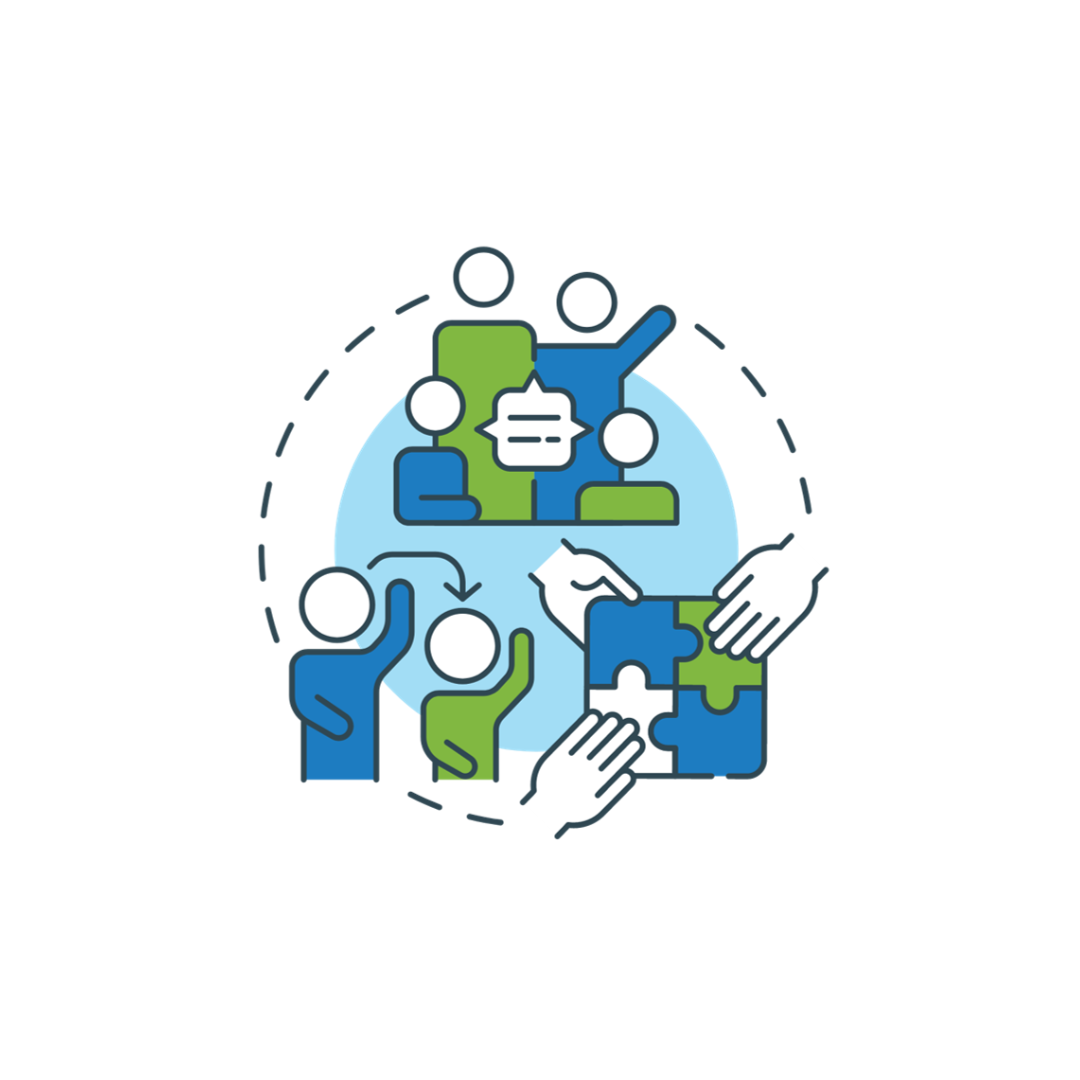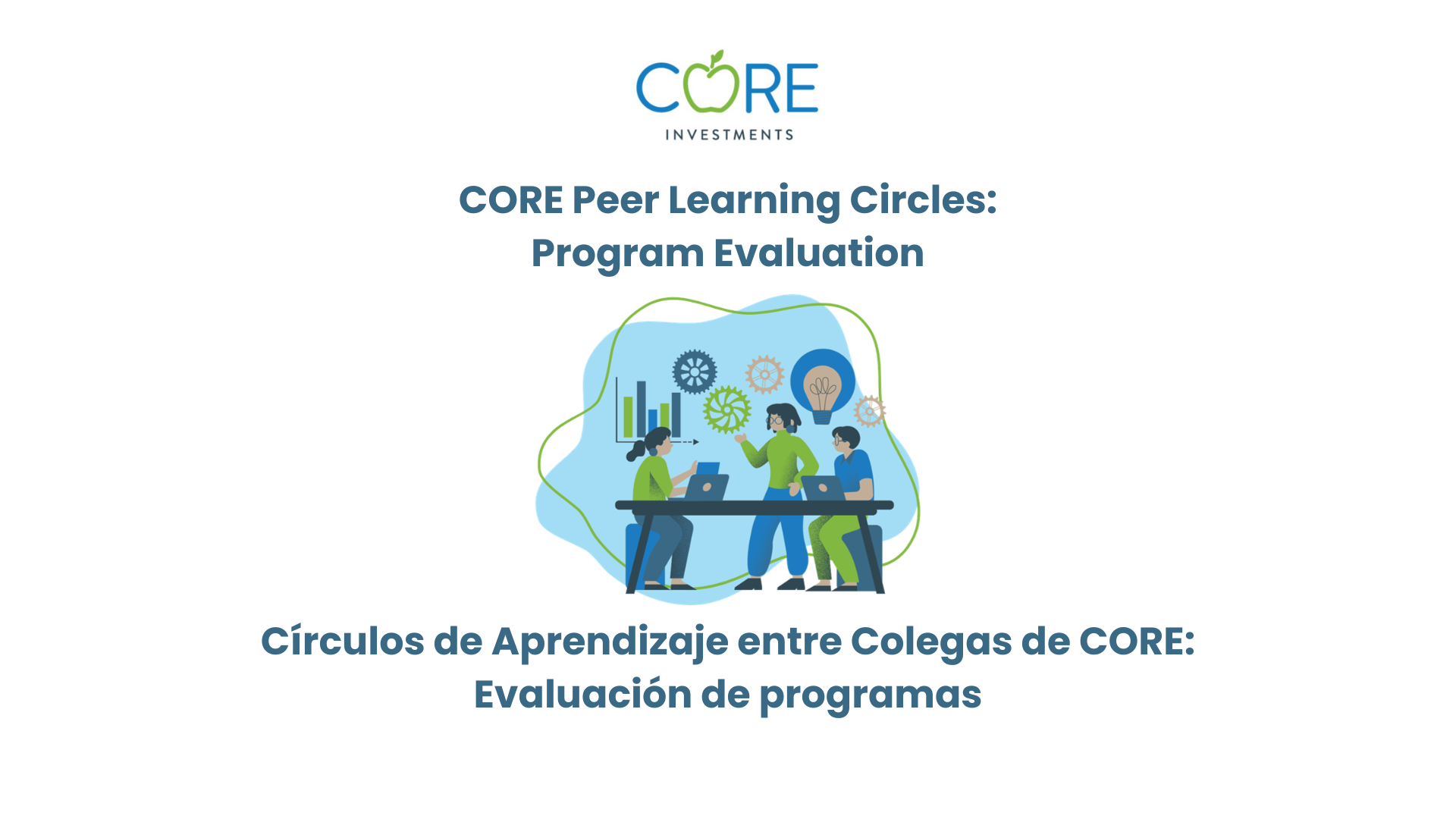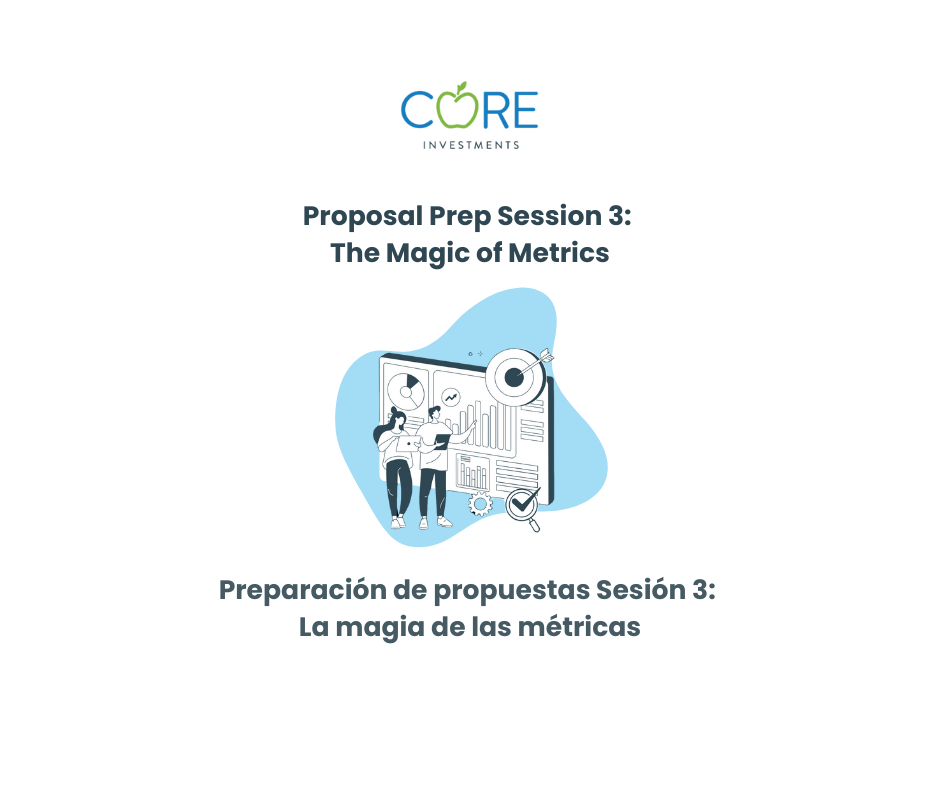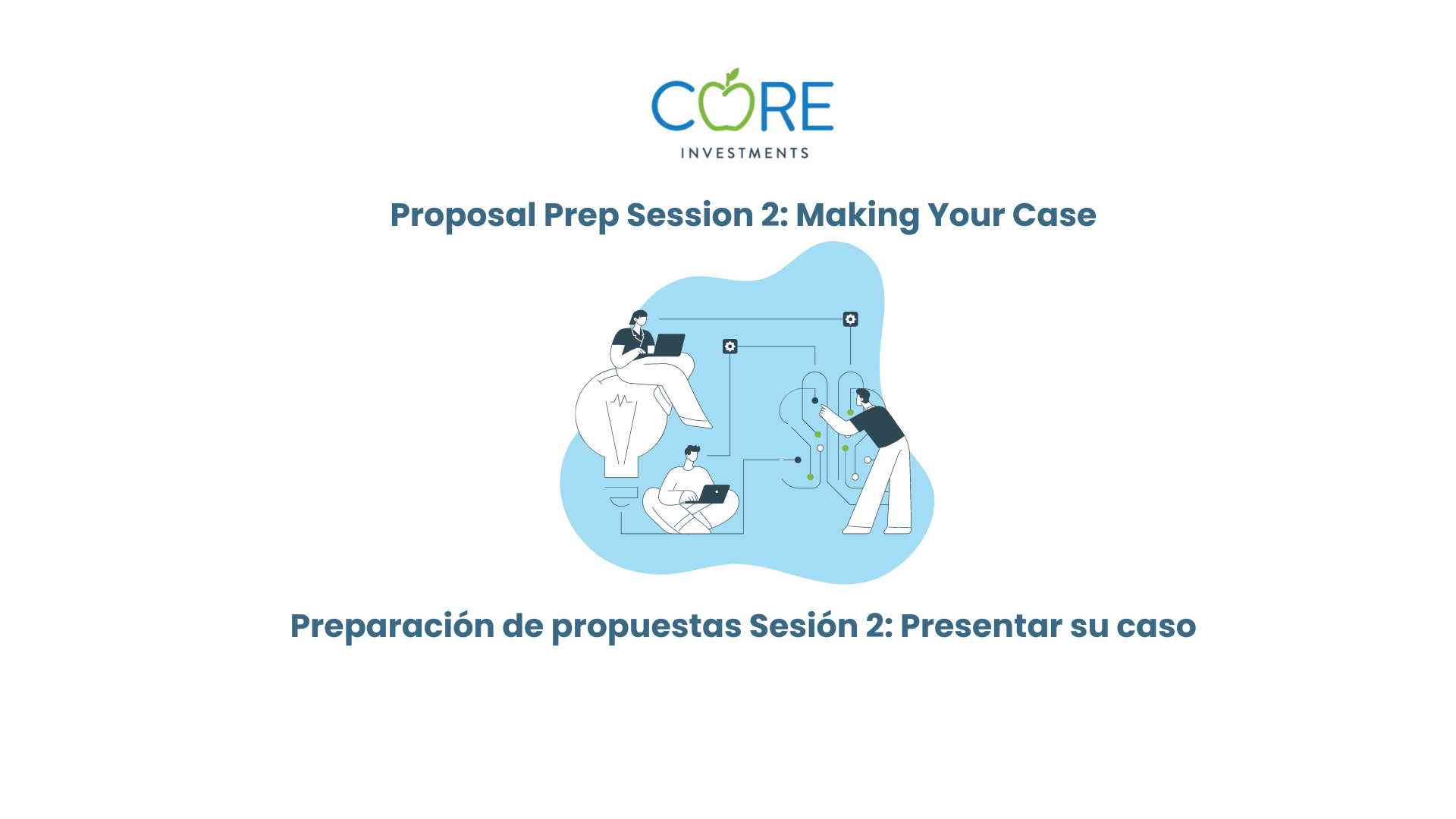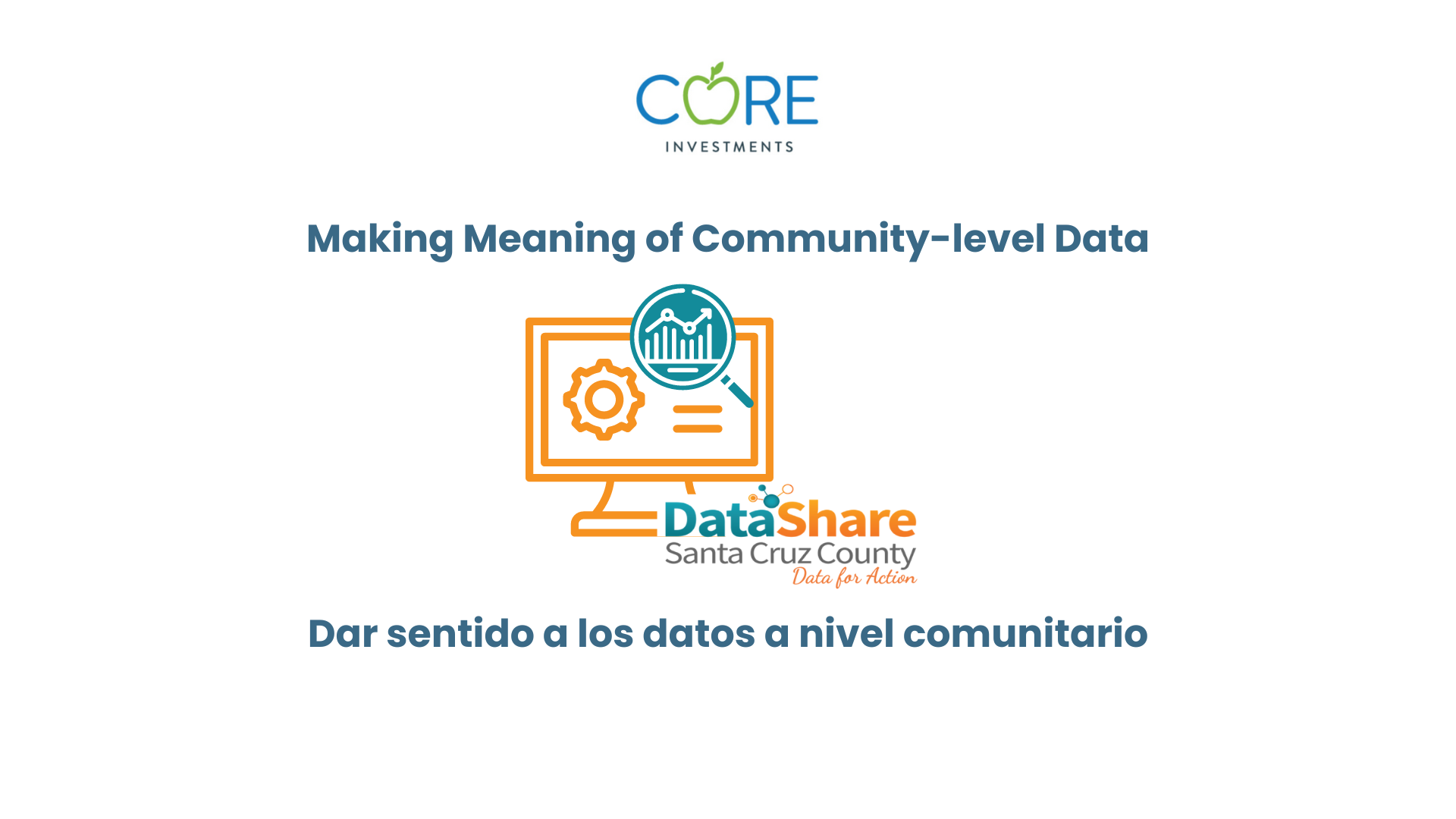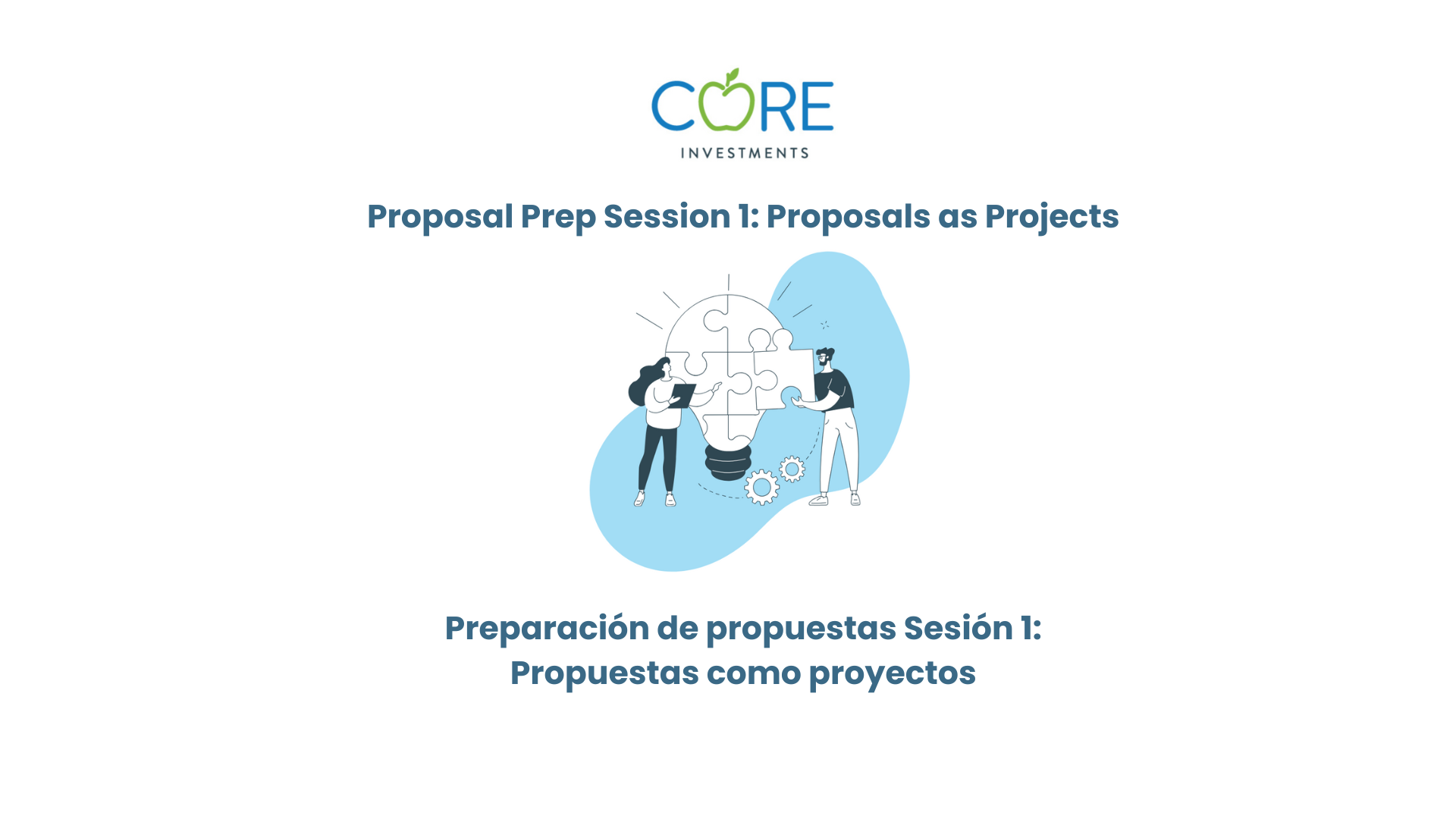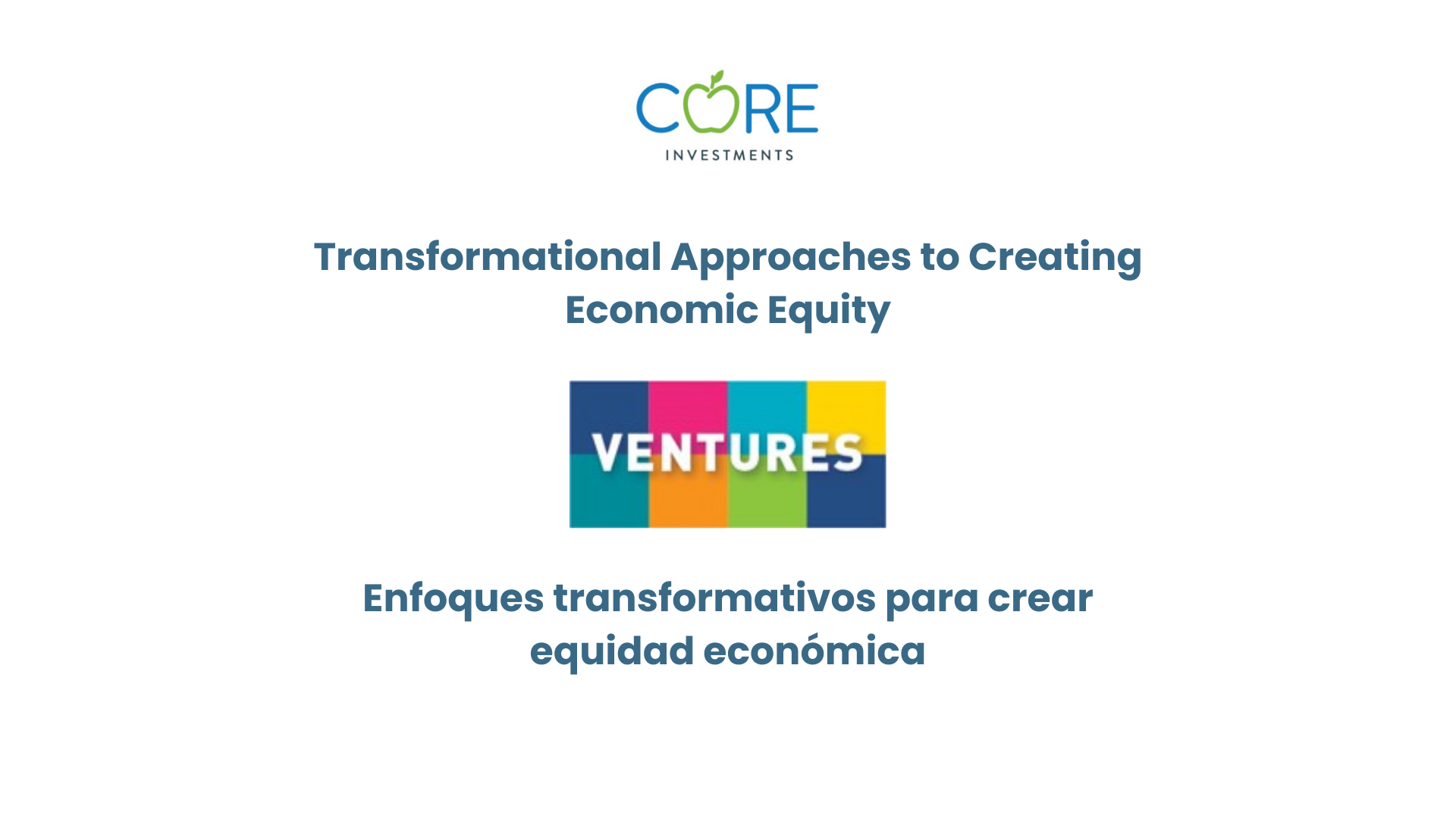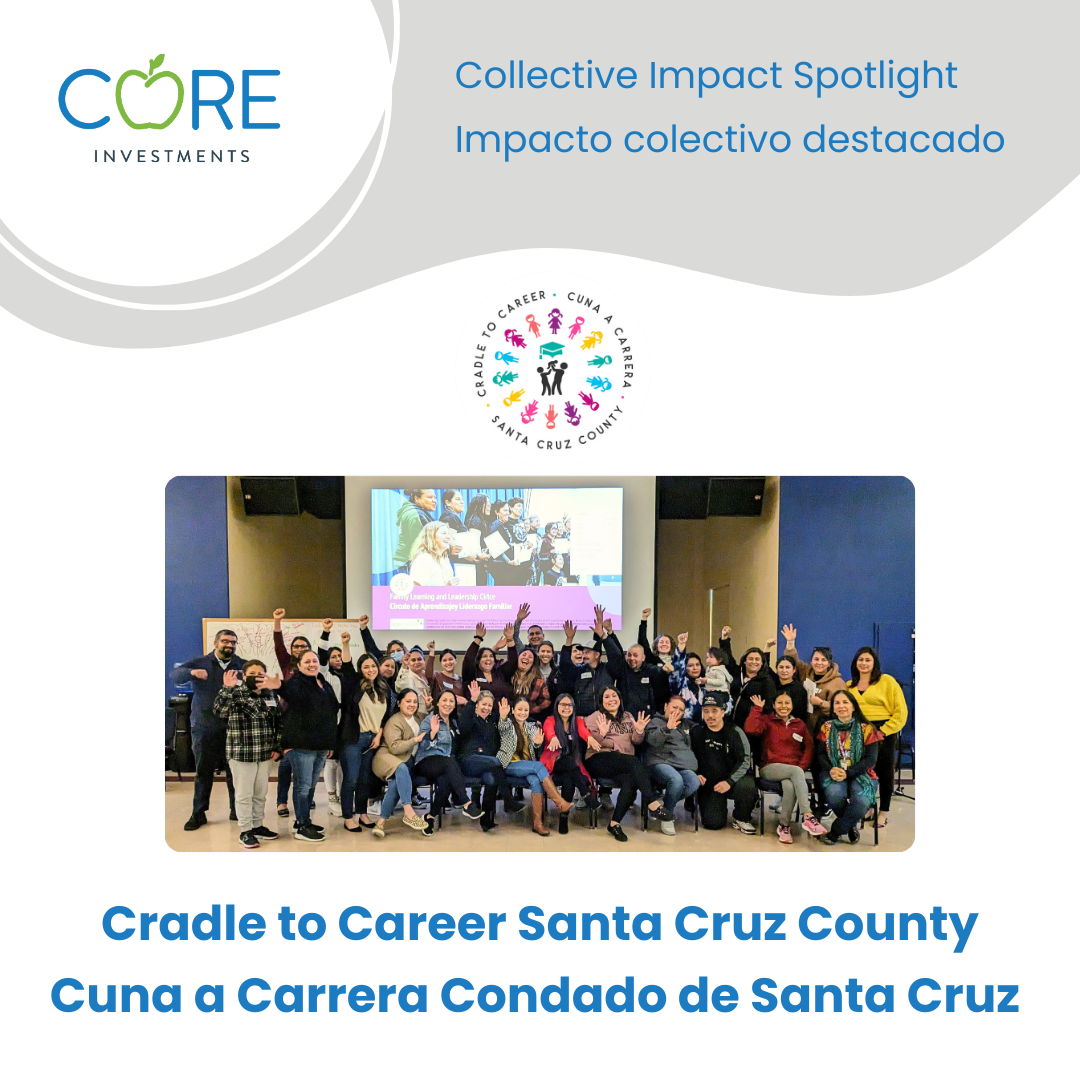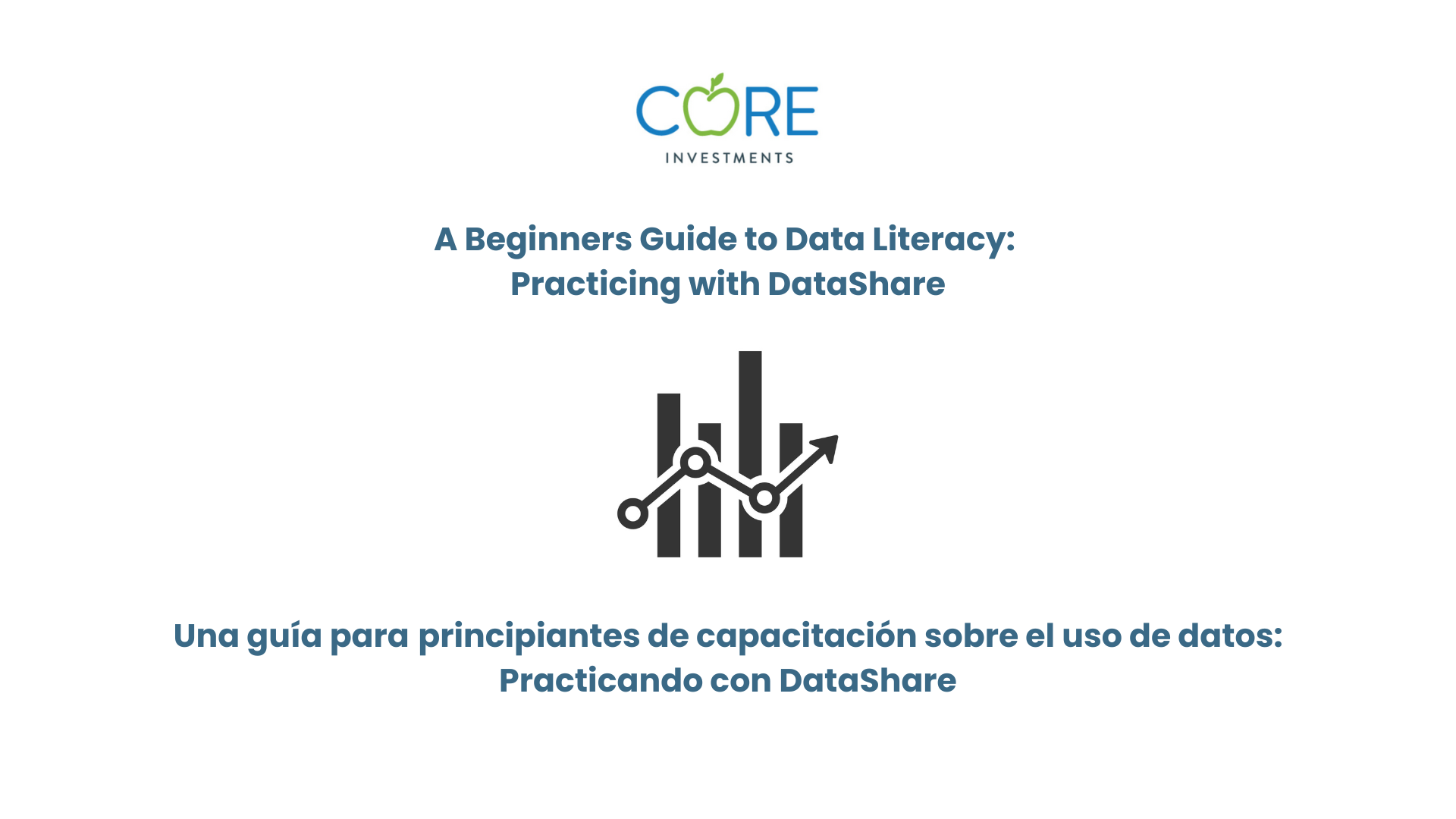
Resources
Resources for Creating Community Change
Sharing resources, ideas, and tools are the heart of CORE’s work. By working across sectors and seeking out people with diverse backgrounds and life experiences, we’ve been able to glean community wisdom and co-create solutions to move our work forward. Now we want to share all that we have learned with you.
We welcome you to explore and use our collection of resources to support your work as you look for new ways to build health, equity, and well-being in your community. And if you have something you’d like to add to our resources page, please get in touch with us. We’d love to hear your ideas!
Tags
- CORE Conditions
- CORE RFP
- CORE Results Menu
- Children & Youth
- Collective Impact
- Community Connectedness
- Community Engagement
- Community Indicators
- Community Resources
- Data Visualization
- DataShare
- Economic Security & Mobility
- Evaluation
- Evidence-based Programs & Practices
- Grants & Funding
- Grantwriting
- Health & Wellness
- Healthy Environments
- Justice Equity Diversity Inclusion
- Lifelong Learning & Education
- Program Planning
- Racial Equity
- Safe & Just Communities
- Stable Affordable Housing & Shelter
- Thriving Families
- Video
Developing a Theory of Change and Logic Model with an Equity Lens
Learn about the CORE Investments Framework, get tips for developing a Theory of Change and Logic Model, and receive guidance on using CORE tools like the CORE Results Menu on DataShare.
Using Community Indicators for Planning & Public Policy – Practice with DataShare
Learn to identify crucial data elements in graphs and visualizations, navigate key data sources on DataShare, and get tips for using population health data in your work.
Program Evaluation - Getting the Most From Your Data & Findings
Watch our CORE Peer Learning Circles (PLCs) where we explore various facets of Program Evaluation. The theme for this session was Getting the Most From Your Data & Findings.
Program Evaluation - Data Collection & Analysis
Watch our CORE Peer Learning Circles (PLCs) where we explore various facets of Program Evaluation. This time, our focus was Data Collection and Analysis—an integral aspect of the evaluation process.
Proposal Prep Session 3: The Magic of Metrics
Learn about specific tools such as the CORE Continuum of Results and Evidence, which help consider the various ways projects can illuminate questions about what works, how, and for whom—and how to integrate these concepts into proposal planning.
Program Evaluation - Key Components of an Evaluation Plan
Watch our CORE Peer Learning Circles (PLCs) where we explore various facets of Program Evaluation. This session focused on the Key Components of an Evaluation Plan.
Proposal Prep Session 2: Making Your Case
Learn about specific tools that help place your proposed projects in a broader context, such as a Theory of Change and Logic Model, as well as other tips, resources, and best practices for making the best case for your work.
Making Meaning of Community-level Data
Learn how to make meaning of community-level data on DataShare (and other sources) when you’re doing planning, evaluation, grantwriting, advocacy, or research.
Proposal Prep Session 1: Proposals as Projects
View ideas and examples on how to treat any proposal like a project. This includes collecting ideas about community and organizational strengths ahead of time, exploring needs and potential partnerships, setting up budget parameters, and documenting capacity in different ways.
Transformational Approaches to Creating Economic Equity
Learn about Ventures’ approach to creating equitable economies by helping individuals understand and use their economic and political power, while also transforming the systems that have historically excluded the Latino community from financial well-being.
Collective Impact Spotlight: Cradle to Career Santa Cruz County
Learn about C2C’s application of the CORE Framework to partner with parents and shift power dynamics using an equity lens.
A Beginners Guide to Data Literacy: Practicing with DataShare
Learn how to use DataShare and apply a data lens in advocacy, policy, and program planning efforts.

